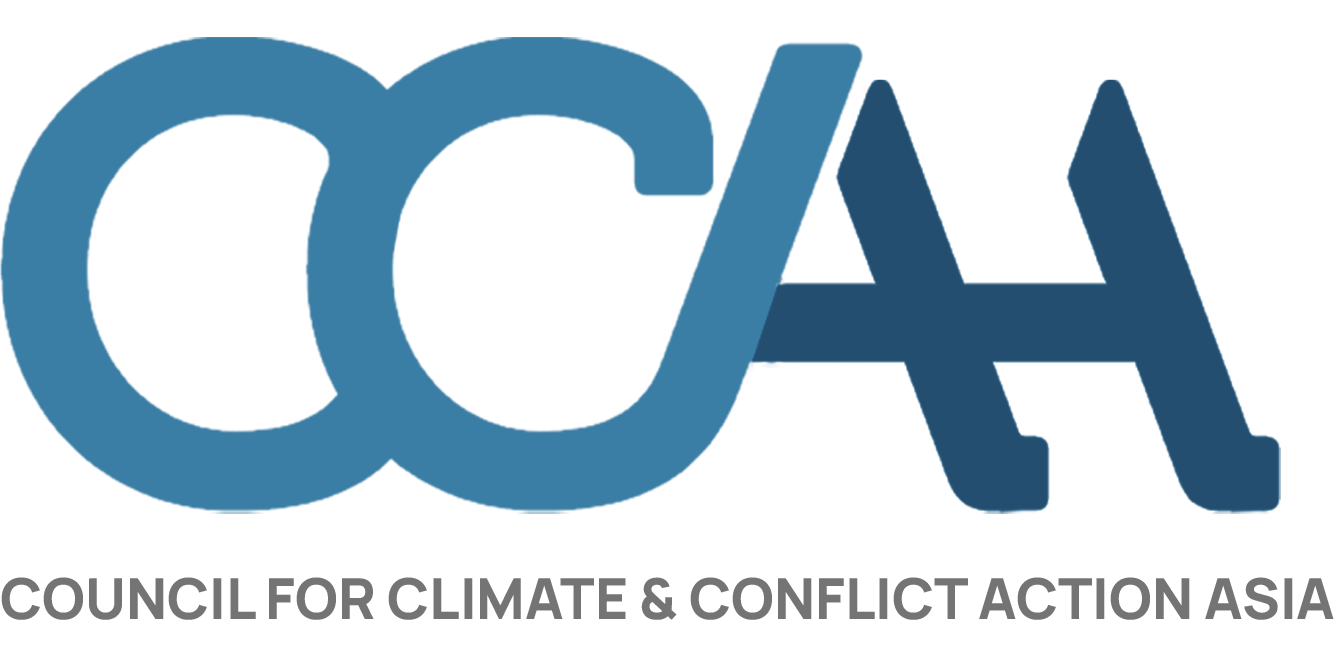Videos
These are the collection of videos released by International Alert Philippines through the years, some of which talk about the rigorous methodology of the three interoperable platforms now managed by CCAA: Conflict Alert, Critical Events Monitoring System (CEMS), and Resource Use and Management Planning (RUMP). Other videos are on the advocacies such as the Marawi rehabilitation and compensation, proliferation of illicit firearms, among many other topics.
Conflict’s Long Game: A Decade of Violence in the Bangsamoro
Why does violent conflict persist in the Bangsamoro? Ten years of granular evidence has presented a trendline of violent conflict during the most delicate and significant period in the contemporary history of Muslim Mindanao.
The Conflict Alert 2022 Book, entitled Conflict’s Long Game: A Decade of Violence in the Bangsamoro, features a compendium of thematic chapters narrating the analysis of the severity, magnitude, and causes of conflict in the Bangsamoro from 2011 to 2020.
Why does violent conflict persist despite the political settlements achieved to end wars in Mindanao?
Why does violent conflict persist despite the political settlements achieved to end wars in Mindanao?
Conflict Alert’s final publication, "Conflict’s Long Game: A Decade of Violence in the Bangsamoro," includes a compendium of thematic chapters narrating the analysis of the severity, magnitude, and causes of conflict in the Bangsamoro from 2011 to 2020.
Why does violent conflict persist despite the political settlements achieved to end wars in Mindanao?
Why does violent conflict persist despite the political settlements achieved to end wars in Mindanao?
Marawi bakwits call for #MarawiCompensationNow!
Ngayong #SONA2021, panawagan ng mga bakwit ng #Marawi sa ating Pangulo at mga mambabatas #MarawiCompensationNow!
Pakinggan natin ang kanilang hinaing. Tulungan natin sila na iparating ito sa mga kinauukulan. Please share now!
Conflict Alert methodology
Conflict Alert tracks and analyzes violent conflict, defined as incident/s where two or more parties use intimidation, force, or physical violence to exert control, settle misunderstandings or grievances, or defend and expand their individual or collective interests (e.g., social, economic, political resources and power, etc.)
Enduring Wars
The Conflict Alert 2020 report presents analysis on conflict dynamics and trends from 2011 to 2019 in the Bangsamoro, highlighting the rise of violence in pockets and corridors of the region within a picture of continued overall decline of violent conflict across provinces. The report tackles the high incidence of identity, resource, and political violence and the persistent nature of violent extremism and shadow economies of drugs and weapons in the region.
Power, Peace, and Place: Why firms account for their actions
Power, Peace, and Place is a paradigmatic appeal to those who believe that power relations can be altered, peace can be achieved, and place can secure the bounties of a lasting peace. The story of the Davao Multi-Stakeholder Group for Energy Concerns (DMGENCO) attests to this notion – a collaboration between an energy firm, civil society actors, and local government executives that helped strengthen inclusive and conflict-sensitive strategies to guide new investments and plans for promoting energy production, management, and distribution across Mindanao.
Flooding in Datu Salibo
Datu Salibo, a landlocked municipality in Maguindanao Province, has been submerged in floodwater for years. Floodwaters remain even without rain. It has become a normal part of people’s everyday life.
Watch this short documentary that explores a topic that people have stopped talking about. It was produced by commUNITY Voice, a group of young leaders who were trained by International Alert and Build Up on participatory videomaking as a tool for peacebuilding. Mostly locals themselves, the filmmakers aim to raise awareness on the issue to finally find a lasting solution – to end what has been considered acceptable suffering, to change the landscape that has curtailed dreams, and to open up new opportunities for growth.
Resource Use and Management Planning
Since 2012, International Alert has partnered with local governments, communities, including indigenous peoples, and business in developing and implementing community-based Resource Use and Management Planning (RUMP). The RUMP enabled a process of identifying resources, mapping claims and conflict timeline, and developing strategies for resource use that is adaptable, inclusive, participatory, and conflict-sensitive.
For communities, RUMP has served as a platform to meaningfully participate in development planning and negotiate from a position of strength their collective aspirations. Local governments, likewise utilised RUMP to complement their Comprehensive Land Use Plans and investment plans. RUMPs have facilitated economic activities and conflict-sensitive development projects that improve lives and strengthen long-term prospects for peace.
The T'boli of Lake Sebu (Cultural Preservation)
The T'boli of Lake Sebu keep their culture and traditions alive through young people that take on the responsibility of passing these on to the next generations.
At this crucial time of the Bangsamoro transition, let’s turn to the T’boli example and be inspired to respect, preserve, and cultivate various unique cultural identities in the region. Only in celebrating each other can we truly promote peace and inclusion in Muslim Mindanao and the whole Philippines.
This film was produced by members of CommUNITY Voice, a group of young leaders who were trained by International Alert and Build Up on participatory videomaking as a tool for peacebuilding.
